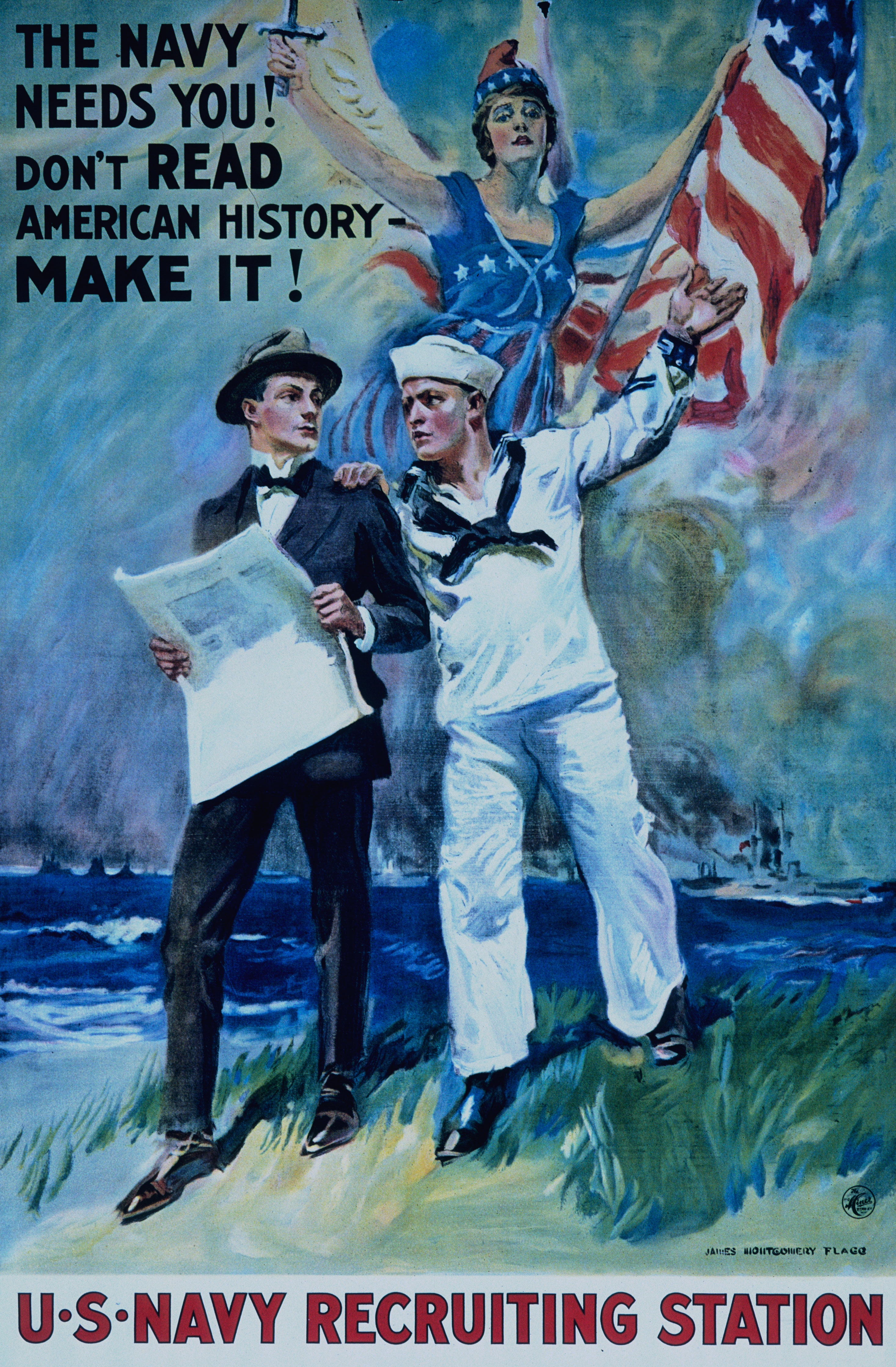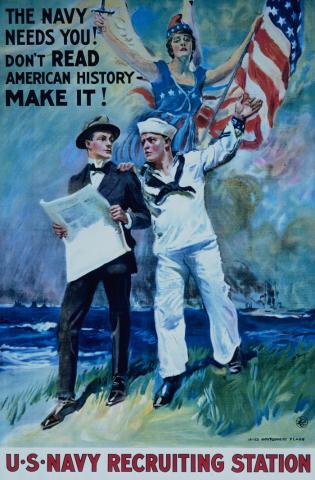More than thirty years ago I started writing about the “post-heroic era,” to acknowledge the greatly reduced tolerance of combat casualties manifest in the United States which did fight, and in Europe which did not, but where several countries sent soldiers on peacekeeping missions, but proved ready to withdraw them if even just one was killed.
I attributed the phenomenon to declining fertility rates and the drastic decline in average family size, thereby implicitly suggesting that the wars of history had been fought by the spare male children of families who had one son to work the family land and another who might find a bride with her own land, so that if a third or fourth son went off to war and did not come back, there might be great sadness but the family would survive.
What has happened since then is that in Europe especially, but also in the United States, fertility rates have fallen even further, family size has further declined, and the intolerance of casualties has further increased—to such an extreme that France abandoned its sphere of influence in sub-Saharan Africa because of a handful of Foreign Legion casualties, and we have witnessed a war of independence in Ukraine in which perhaps a third of the eligible conscripts have ever served (more than 200,000 Ukrainians of military age were officially counted in Germany), no international brigade of volunteers arrived to fight against aggression, and no NATO member has sent even logistics units which would remain in the safe rear to provide supplies, repair equipment, and others such to free Ukrainians for combat.
When President Macron at one point suggested that NATO troops might be needed to hold the line after all, Italy’s ministers of defense and foreign affairs promptly convened a press conference and stood side by side to declare that Italian troops would only be sent into combat if there were a UN Security Council Resolution to that effect…which logically means that Italian troops could only be sent to fight the United States, because China and Russia have their Security Council vetoes. Nobody burst out laughing, and nobody suggested that the two gentlemen be disinvited from NATO gatherings; fair enough because other NATO allies are less explicit but no more willing to fight…
In other words, with the known exceptions, mostly the now very small British army and a few elite units of battalion size or less in several countries, our European allies have passed the post-heroic stage in which only a few casualties are acceptable to a new situation in which no casualties are acceptable.
Hence it is foolish to count NATO troops in comparisons with Russian troops, who admittedly fight reluctantly and only for the money, but who are still gods of war as compared to the soldiers of most NATO armies who each day willingly eat breakfast, lunch, and dinner in their barracks, but are not actually willing to fight anywhere, for any reason. Given the still falling fertility rates across Europe, and the shrinking number of families with more than one child, there is no prospect of a reversal of attitudes.
Ironically the best example of the consequences was provided by the non-reaction to the Houthi attacks on Red Sea shipping. That closed Israel’s tiny commercial port in Eilat which is inconsequential for the Israeli economy. It also deprived Genova, Gioia Tauro, and all other major ports of Italy of all their eastward traffic to the Middle East and Asia, did the same for the French port of Marseille, and the Spanish ports of Barcelona and Alicante. Between them, the French, Italian, and Spanish navies have hundreds of warships, and each has an aircraft carrier. But when the U.S. and British navies started countering the Houthis under the “Operation Prosperity Guardian” mission, the French, Italian, and Spanish navies did nothing, except for committing two rotating frigates to a European Union mission that has mostly remained —very quietly —in the upper Red Sea. Still, there was a scandal when one Italian warship launched one missile to protect itself…
But it is true of course that everything has now changed totally because our NATO allies have decided to double or triple their spending even to the extent of reaching 5% of their GDPs. Immense sums are therefore arriving, after deducting for accentuated diversions (characteristically, the Italian Government has just decided to build a bridge to connect Calabria with Sicily, paying the cost out of the defense budget, because it is, after all, possible that some Sicilian recruits might come by road). That is a definite escalation of previous diversions, starting with shipbuilding in state-owned shipyards for ships duly delivered but never actually manned to go to sea—even so Italy did not reach the 2% of GDP standard. Still if at least some of the money does arrive, a solution for NATO’s combat manpower problem can certainly be found. Notoriously, the British Army could easily recruit several times as many Ghurkas as it now recruits, and for all the fame of those fine people, in India alone there are others just as ready to be very good soldiers.
That may seem a literally outlandish solution but to pretend that Europeans are like Israelis and actually willing to fight to defend themselves, is a fantasy that cannot end well.

















